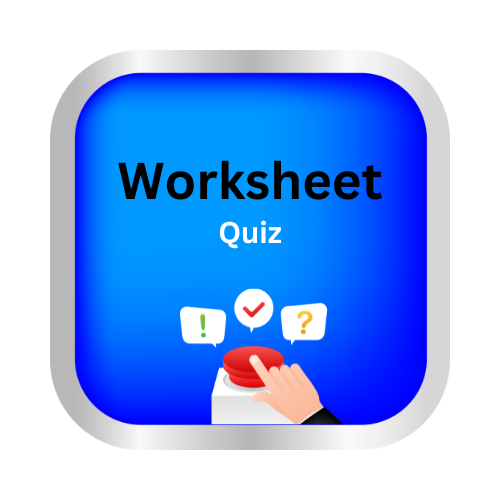Revisea the sentence using a stronger verb
Key Notes :
1. What Are Verbs?
- Definition: Verbs are action words that describe what a subject is doing. They are essential in every sentence because they express actions, occurrences, or states of being.
- Example: In the sentence “The cat runs,” “runs” is the verb.
2. Importance of Strong Verbs
- Enhance Writing: Strong verbs make sentences more vivid and engaging, helping readers visualize the action.
- Create Impact: They convey meaning more effectively than weak verbs, allowing for a more powerful expression of ideas.
- Improve Clarity: Using precise verbs can eliminate the need for adverbs, making writing cleaner and more direct.
3. Identifying Weak Verbs
- What Are Weak Verbs?
- Weak verbs are common and often overused, such as “is,” “are,” “was,” “were,” “has,” “have,” and “do.”
- Example of a Weak Verb: “The dog is running.”
4. Finding Stronger Verbs
- What Are Strong Verbs?
- Strong verbs are specific and more descriptive. They provide a clearer picture of the action taking place.
- Example of a Strong Verb: Instead of “The dog is running,” use “The dog sprinted.”
5. How to Revise Sentences Using Stronger Verbs
- Step 1: Identify the weak verb in the sentence.
- Example: “The boy is walking to school.”
- Step 2: Think of a stronger verb that conveys the same action more vividly.
- Possible strong verbs: “strode,” “marched,” “sauntered.”
- Step 3: Revise the sentence using the stronger verb.
- Revised: “The boy strode to school.”
6. Examples of Revising Weak Verbs
- Original Sentence: “The flowers are blooming.”
- Revised Sentence: “The flowers burst into bloom.”
- Original Sentence: “She is talking loudly.”
- Revised Sentence: “She shouted.”
- Original Sentence: “The teacher is giving a lesson.”
- Revised Sentence: “The teacher delivered a lesson.”
let’s practice!

